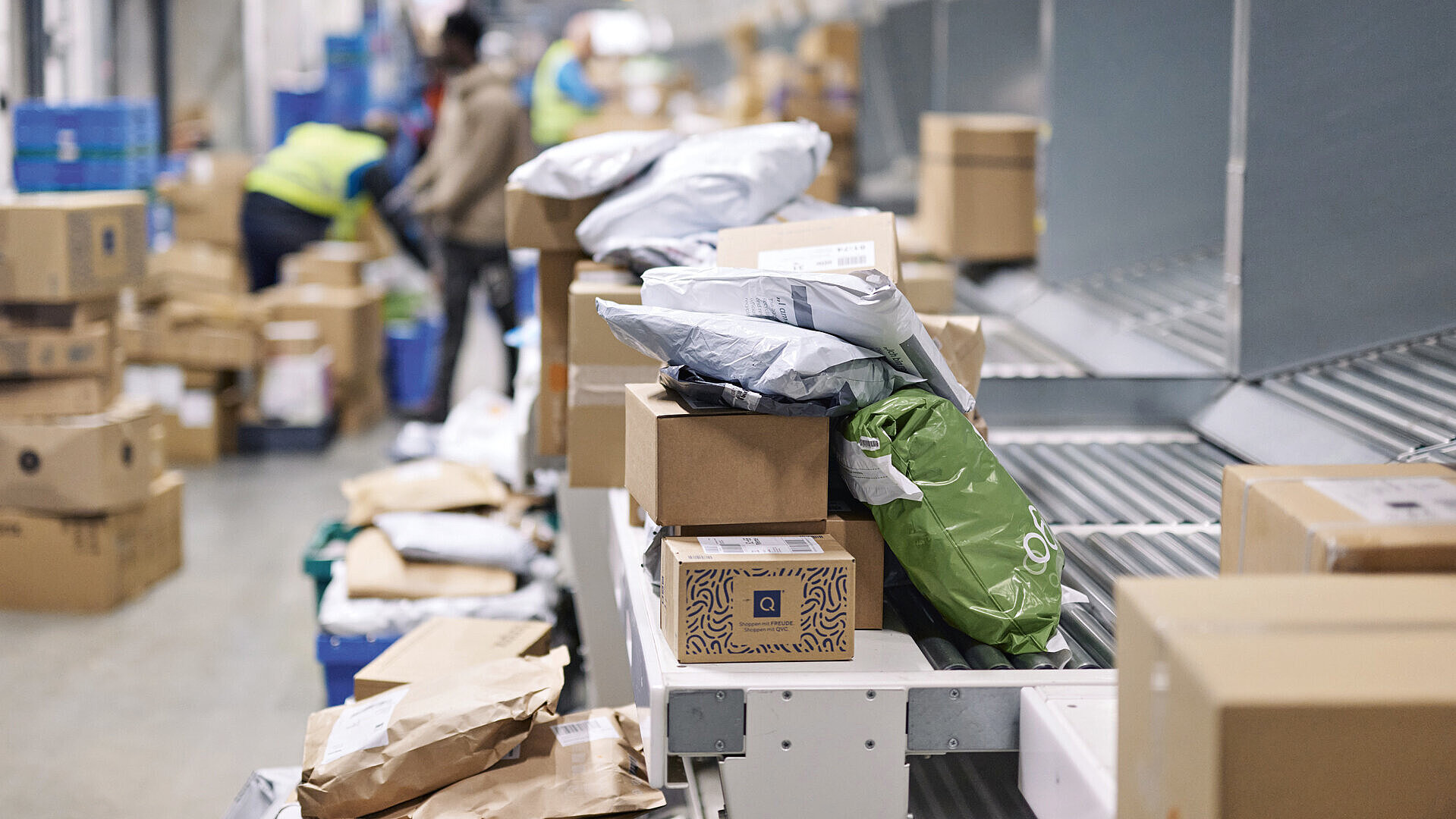
Trade war chills sentiment

International trade is under pressure: for its fourth Global Survey, credit insurer Allianz Trade surveyed around 4,500 exporters in nine leading economies. The survey, which was conducted before and after the so-called ‘Liberation Day’ on 2 April – the day on which new US tariffs were officially announced – reveals growing mistrust in the stability of global supply chains.
Before 2 April, optimism prevailed: 80 per cent of companies surveyed worldwide expected exports to rise. After the escalation of the tariff disputes, this figure halved. Despite the latest bilateral trade agreements, such as between the US and China, Allianz Trade forecasts global export losses of 305 billion US-dollars for 2025. German companies are also feeling the effects, albeit to a somewhat lesser extent. At the beginning of the year, 82 per cent of German exporters still expected sales to rise. Now, only 40 per cent do. Although the latest trade agreement has provided some relief – especially since massive Chinese diversions of goods to Europe have been averted – fundamental uncertainty remains. ‘There are no signs of stable fair weather ahead,’ says Jasmin Gröschl, senior economist at Allianz Trade.
Purchasing stress
In addition, concerns about geopolitical risks, protectionism and high energy costs are greater in Germany than in other countries. 35 per cent of German companies cite these risks as key, compared with 29 per cent worldwide.
Due to tariffs and exchange rate risks, one in three companies in Germany is considering temporary production stoppages, especially in industries with a high proportion of imported intermediate goods. At the same time, there is a renewed wave of advance orders. During the 90-day moratorium until July or August, many companies are trying to move as many goods as possible in advance: 84 per cent of German companies have already brought forward their imports.
There are regional differences in how companies are coping with increased costs: while 54 per cent of US companies are planning price increases, German companies are more cautious. Only one in three companies intends to raise prices. 30 per cent plan to absorb the additional costs themselves, and 17 per cent are even planning to cut prices in order to secure market share – more than in any other country.
More than 90 per cent of German companies plan to tap into new export markets. A third of them have already taken this step. The search for new suppliers (34 per cent) and improving terms with existing partners (50 per cent) are also key priorities. At the same time, many companies are increasingly demanding that their suppliers take on logistical responsibility and costs – a trend that can be observed worldwide.
Latin America benefits
The decoupling between China and the US is creating opportunities for other regions, with Latin America benefiting in particular. As a low-cost production location, it is increasingly attracting Chinese and European companies. Despite uncertainties, European exporters are also turning more toward Asia.
Globally, 48 per cent of exporting companies expect an increase in payment defaults. Average payment terms are getting longer: only 11 per cent still receive their money within 30 days. Larger companies often wait longer – and increasingly act as an ‘invisible bank’ for smaller partners.
How will the resurgence of global blocs and the escalation of trade conflicts affect logistics networks? What role do tariffs and political tensions play in shaping international trade and procurement strategies? Today’s panel discussion will address these pressing questions, focusing on the implications for global supply chains and the strategic measures companies must take to remain agile and competitive in an increasingly fragmented world. (rok)
Managing Global Supply Chains: Between the Dusk of Certainty and the Dawn of New Challenges, Wednesday, 11:30 a.m. – 12:30 p.m., A1.236



